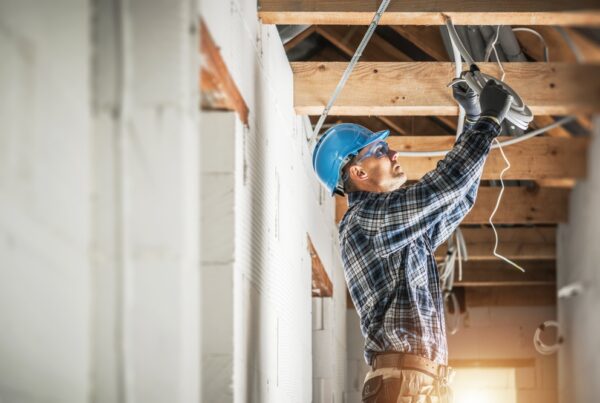The Real Estate Institute of Victoria (REIV) welcomes the Victorian Government’s intent to improve the energy efficiency of rental properties but is calling for longer timeframes and financial incentives for rental providers to avoid further destabilisation of the rental market.

In a submission on behalf of its 7,000 members to the Victorian Government’s consultation process regarding new minimum energy efficiency standards for rental properties, the REIV urged the Victorian Government to recognise the current volatile market conditions and the capacity of rental providers to meet these standards in the proposed timeframe.
In its submission, the REIV outlined five key recommendations for helping the Victorian Government realise its objectives while minimising the negative impact on the rental market.
- Financial assistance for rental providers – given significant costs associated with meeting the standards, the government must introduce financial assistance such as land tax rebates for property owners. Additional energy upgrade costs must be viewed in the context of overall costs of maintaining a property, as further financial strain will force more rental providers out of the market – making it harder for renters to secure affordable rental homes.
- Longer timeframes, transitional periods and prioritisations of standards – considering high costs, qualified tradespeople shortages and logistics, the REIV recommends 36 months lead time for full implementation and compliance. Consider a lag or transitional period for compliance and prioritising standards where the most impactful standards take priority over the timeframe.
- Compliance training – structural reform on how compliance should be applied to minimum standards in the rental market. The government should introduce clear documentation, forms and communication across all minimum standards to establish an educated workforce and avoid exacerbating current issues around non-compliance. This training should precede the implementation of new standards to prepare all stakeholders for a smooth transition.
- Clearer details around exemptions — the REIV seeks specificity about “exemptions” to allow for an unambiguous understanding of contextual requirements and to limit the opportunity to exploit loopholes.
- Sector education – together with Consumer Affairs Victoria, the government must implement significant education around all new standards to ensure RRPs and renters are clear on obligations.
Jacob Caine, REIV President, said that while REIV strongly supports the objective of improving the energy efficiency and safety standards of Victorian rental homes, due consideration must be given to the flow-on effects of such significant compliance requirements on private investors.
“In principle, this is a positive move that will provide renters with more comfortable homes that are cheaper to run. However, these requirements must be implemented without further exacerbating the immense pressure our rental ecosystem is already under.”
“Private investors remain the backbone of the rental market, and any legislation that triggers additional costs must consider their financial capacity to meet the new standards. If these standards are rolled out as proposed, the financial burden will likely see more owners sell their properties. Less rental homes will cause even greater stress to renters already experiencing the most challenging rental environment in our state’s history,” he said.
“We are concerned that rushing to implement these new standards without a strategic plan and clear, unambiguous guidelines might, in practice, lead to delays or outcomes contrary to the intent of the legislation. Therefore, we strongly urge the government to extend the timelines for this rollout, especially for complex works where a property is already broadly compliant,” he said.









